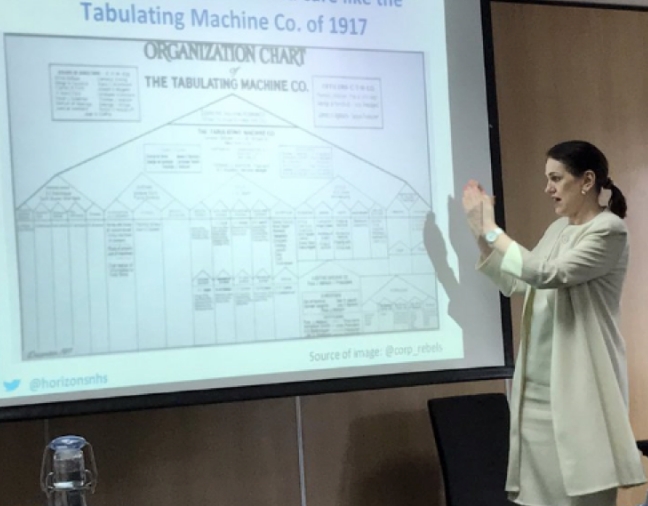…about making large scale change happen
Delivering effective change across a system on a consistent basis is an elusive goal for many. But masses of change efforts DO deliver. Here are some things I’ve learnt from the many hundreds of change initiatives I’ve been involved with over three decades about what sets the successful change initiatives apart.
- Relationships aren’t just a priority, they’re a precondition. High levels of ‘social capital’ – relationships within and between groups that form trust, relatedness, and collective capacity – create the strong foundations on which change initiatives can dock.
- We get better outcomes when we have a plan and a theory of change. But change is inherently emergent so don’t expect the change to look like the plan or the theory to work exactly. The plan just needs to be “good enough” to allow for shifts due to our learning, emerging opportunities and the tensions that the change exposes.
- Large scale change is the outcome of many smaller cycles of mutually reinforcing changes in multiple systems and processes. It is achieved by mobilising increasing numbers of people who aspire to a future that’s better than the status quo. Leaders achieve more when they have a framework of larger scale system change within which many smaller changes can be actioned.
- “Trojan mice” are typically more effective than “Trojan horses”. Having many people across the system who can test out small, well focussed changes to probe complex problems (Trojan mice) nearly always works better than large pilot and roll out projects (Trojan horses).
- Change isn’t about persuasion: it’s about power. It’s a myth that people will embrace change because we communicate it widely and explain it well. If we can access the power to implement change, it will happen. If not, it won’t. Change agents need to think about accessing multiple forms of power.
- The leaders of both the formal and informal systems need to be engaged. The informal leaders are the people in the organisation with the most respect and influence with others. These people can make or break change. Most formal (senior) leaders don’t know who these influencers are.
- Change efforts are far more likely to succeed because people perceive they have agency for change (the power and sense of permission and safety to make change happen), than because they have improvement skills or resources or methodology.
- Specialist improvement teams should focus on building relationships with people at the operational core (front line) and senior leadership levels. Most specialist improvement teams are side-lined in the organisation, with very little organisational power, so they need to build coalitions to enable change through strong relationships with the organisationally powerful.
- Having a sense of belonging, built around shared purpose, enables diverse groups of people to unite and contribute to change. Leaders who are skilled at change are also able to steward people to “unbelong” to groups that are changing and to build shared purpose and sense of belonging for new groups
- Having constancy of purpose for the long haul is critical for sustainable improvement. Most large scale change efforts just fizzle out; successful change needs leaders who keep the faith through interest and energy, don’t meddle when results don’t come quickly and stick with the change priorities.

